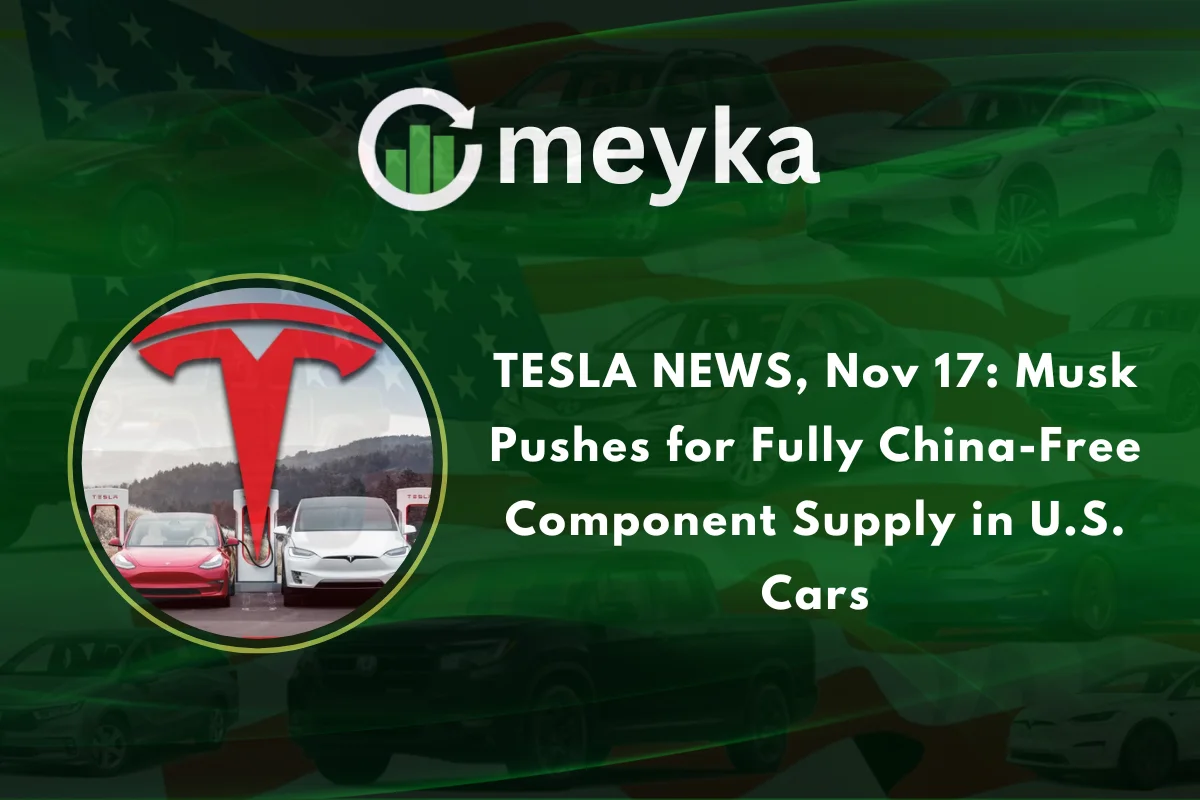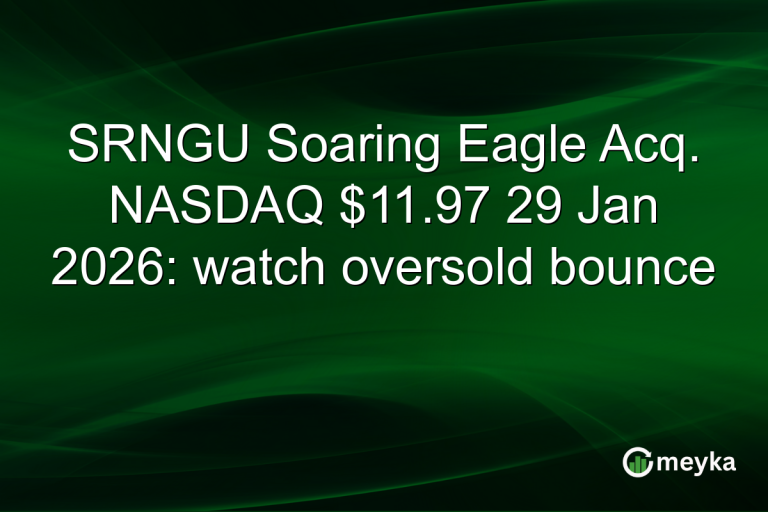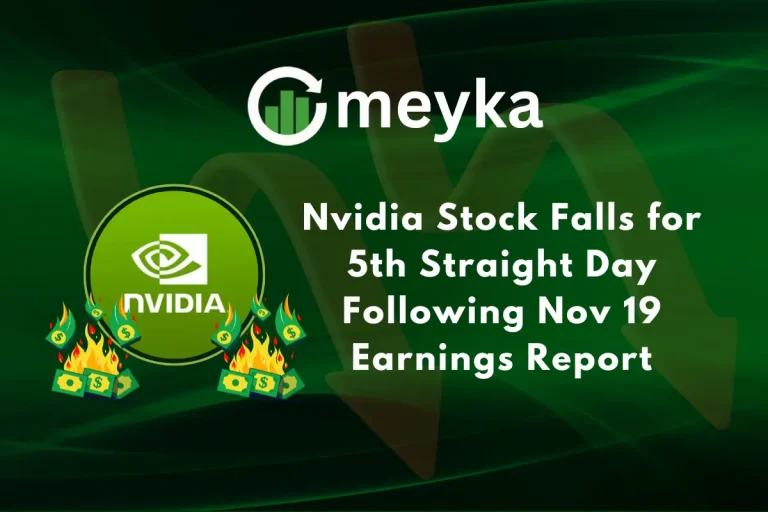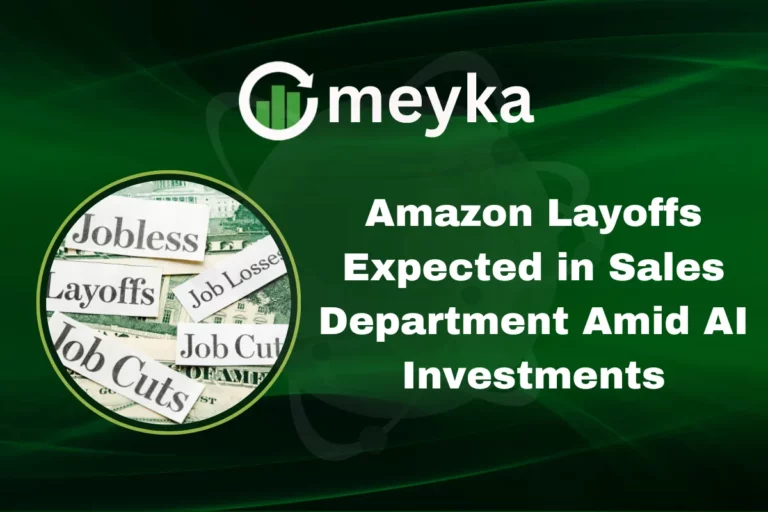TESLA NEWS, Nov 17: Musk Pushes for Fully China‑Free Component Supply in U.S. Cars
Tesla is making a bold supply‑chain move: under Elon Musk’s direction, the automaker is now telling its suppliers to exclude China-made components when building cars for its U.S. factories. This marks a major shift in Tesla’s strategy, driven by growing trade tensions, tariff uncertainty, and a desire to secure more resilient production lines.
Continue Reading on Meyka
This article is available in full on our main platform. Get access to complete analysis, stock insights, and more.
Read Full Article →





